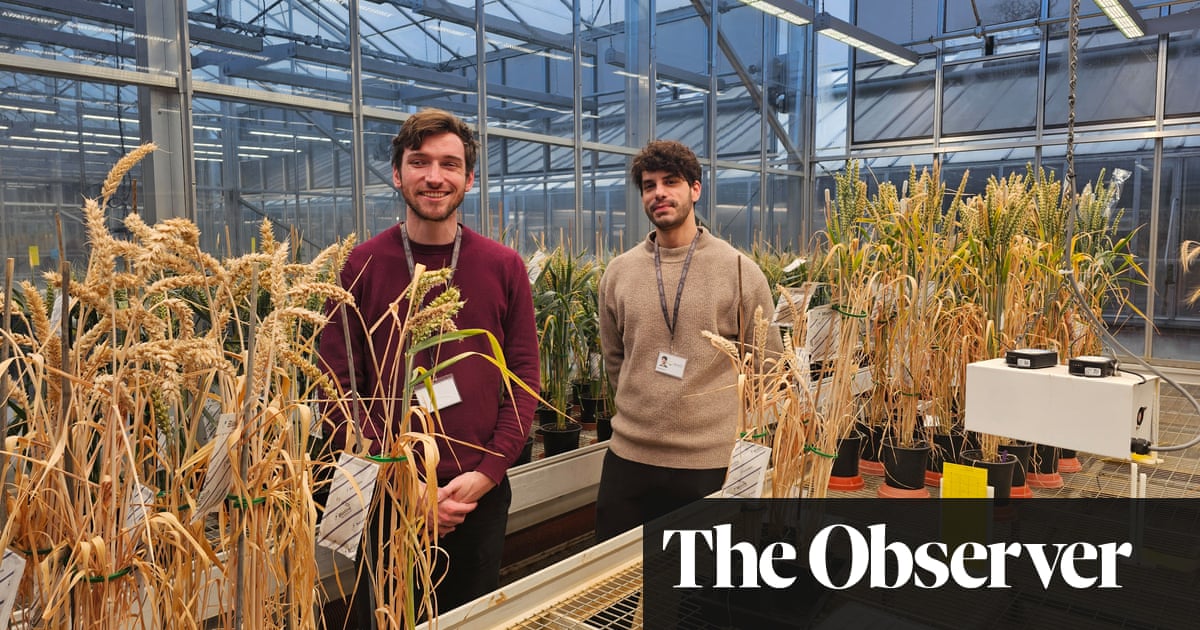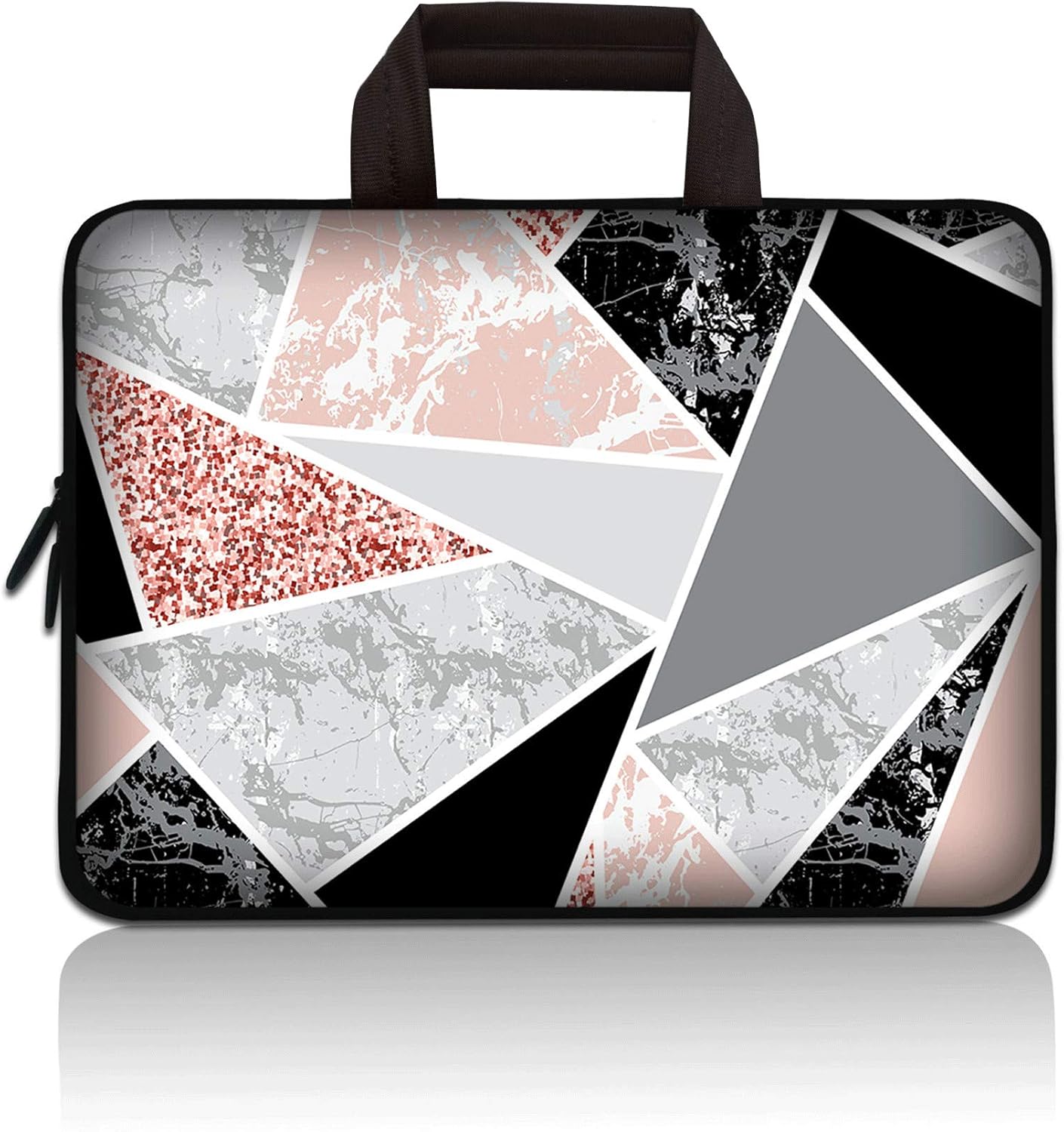
Take a look at our newest merchandise
It’s the key ingredient of bronze, the alloy that helped create a number of the world’s best civilisations and took humanity out of the stone age on its method to fashionable occasions. For good measure, the metallic is invaluable for electrical wiring, plumbing and industrial equipment. We owe so much to copper.
However the metallic now faces an unsure future as producers put together to develop its use to make the electrical vehicles, renewable energy crops and different gadgets that may assist the planet transfer in the direction of internet zero. Unrestricted extraction might trigger widespread ecological devastation, scientists have warned.
The difficulty is to be the prime focus for the brand new Rio Tinto Centre for Future Supplies, primarily based at Imperial School London in partnership with a number of worldwide college teams. A complete of $150m has been put aside for its first 10 years of operations.
“The world wants to impress its vitality programs, and success will completely rely on copper,” supplies scientist and Imperial vice-provost Prof Mary Ryan, one of many centre’s founders, informed the Observer final week. “The metallic goes to be the most important bottleneck on this course of. So, in establishing the centre, we determined copper can be the primary problem that we handled – although we are going to flip our consideration to different supplies in future.”
This level was backed by Dr Sarah Gordon, the centre’s co-director. “Our first purpose is to search out new, accountable methods to supply metals – specifically copper. Can we extract it with out disturbing rocks in any respect? Or might we use viruses and micro organism to reap copper? These are the primary essential questions the centre goals to reply.”
Copper has turn into important for powering gadgets starting from smartphones to electrical automobiles as a result of it transmits electrical energy with minimal lack of energy and is proof against corrosion. Round 22m tonnes of copper have been mined in 2023, a 30% improve from 2010, and annual demand will attain round 50m tonnes by 2050, say analysts.
Such an output could have monumental environmental penalties as a result of copper mining makes use of acids that poison rivers, contaminate soil and pollute the air. Producers comparable to Peru, Chile and the Democratic Republic of the Congo have seen pure habitats destroyed, wildlife populations worn out and human well being broken close to mines. Deep-sea mining has been proposed, however the thought horrifies marine biologists, who say such enterprises would devastate sea life.
The purpose of the brand new centre is to search out methods spherical these issues and assist present the supplies the world might want to attain internet zero. It’s funded by the mining group Rio Tinto and hosted by Imperial School London in partnership with the College of British Columbia in Vancouver, the College of California, Berkeley, the Australian Nationwide College and the College of the Witwatersrand, Johannesburg.
One key mission is looking for new methods to mine copper. “We usually extract it from minerals which have crystallised out of very saline, copper-rich brines,” stated Professor Matthew Jackson, chair in geological fluid dynamics at Imperial School. “Nevertheless, this course of requires big quantities of vitality to interrupt open the rocks and produce them to the floor and in addition generates a variety of waste as we extract copper from its supply ores.”
To get spherical this subject, Jackson, working with worldwide companions, has been looking for underground websites the place copper-rich brines are nonetheless in liquid kind. These brines are created by volcanic programs which may, crucially, present geothermal vitality for extraction.
“Meaning we are able to extract the copper by pumping the brines to the floor by way of boreholes – which is comparatively simple – and in addition use native vitality to energy the mine itself and probably present extra vitality for close by communities,” Jackson stated. “Primarily, we’re looking for to construct self-powered mines and have already pinpointed promising websites in New Zealand, and there’s potential to discover conventionally barren areas comparable to Japan.”
after publication promotion
A distinct strategy is being adopted by one other Imperial mission the place an organization, RemePhy, has been began by Imperial PhD college students Franklin Keck and Ion Ioannou.
They’ve used GM expertise to develop plant-bacterial programs which have an enhanced potential to extract metallic from the soil. “Primarily, it is possible for you to to develop these crops on land contaminated by waste left over from the mining of metals comparable to copper, and they’re going to extract that metallic,” stated Keck.
The significance of those strategies was burdened by Ryan. “The world will want extra copper within the subsequent 10 years than has been mined in the entire of the final century. At present, we don’t have sufficient in circulation to satisfy this demand.
“We subsequently have to each scale back our demand for copper and work out tips on how to extract it in probably the most sustainable means doable, and that’s what we purpose to assist to realize on the centre.”

![[Windows 11 Pro]HP 15 15.6″ FHD Business Laptop Computer, Quad Core Intel i5-1135G7 (Beats i7-1065G7), 16GB RAM, 512GB PCIe SSD, Numeric Keypad, Wi-Fi 6, Bluetooth 4.2, Type-C, Webcam, HDMI, w/Battery](https://m.media-amazon.com/images/I/71LYTzK2A8L._AC_SL1500_.jpg)



![[UPDATED 2.0] Phone mount and holder compatible with Samsung Z Fold 2 3 4 5 6 Pixel Fold or Foldable phone | bicycle, treadmill, handlebar, elliptical, stroller, rail, handle, roundbar, golf cart](https://m.media-amazon.com/images/I/51CjGlidGRL._SL1023_.jpg)








